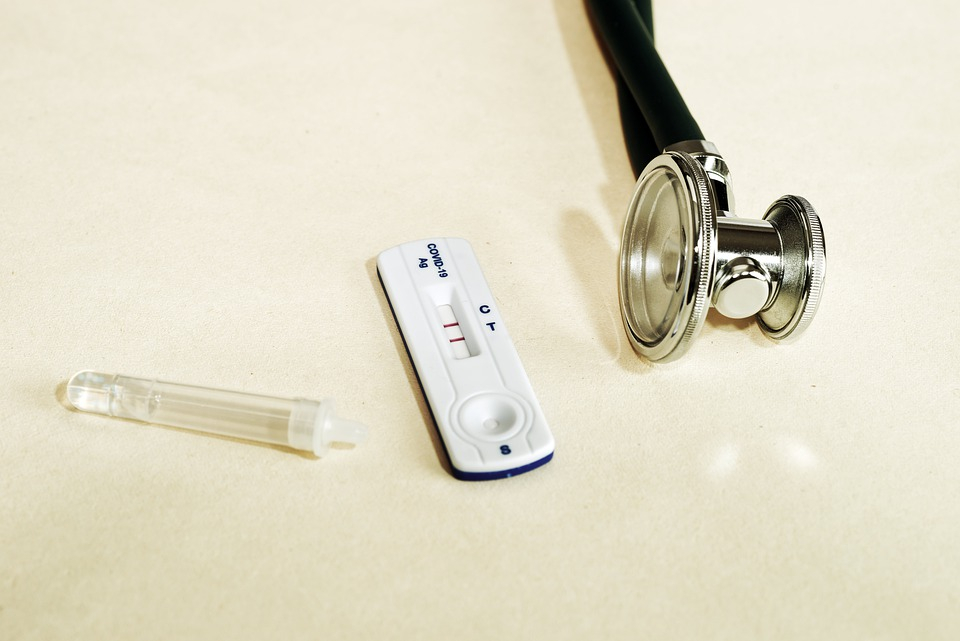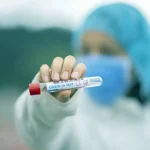As Poslovni Dnevnik writes, a PCR test will no longer be mandatory, and soon Croatian rapid antigen tests will be enough to detect and prove a COVID-19 infection and later obtain EU digital covid certification, as was announced on Monday by Health Minister Vili Beros, who visited KBC Split together with Prime Minister Andrej Plenkovic.
“The testing paradigm will change, PCR tests will no longer be mandatory, and contraction of the disease will be able to be proven with the results of Croatian rapid antigen tests,” Beros said in response to journalists’ remarks about the long waiting times for PCR testing.
The rest of the EU still requires a negative PCR test…
In this regard, a meeting of the Croatian National Institute of Public Health will be held tomorrow to enshrine the rule that rapid antigen tests will be able to be performed based on a doctor’s referral to prove the existence of the disease. “It’s a response to the emergence of a new variant (Omicron) of the virus,” Beros said.
With a negative rapid antigen test, it will be possible to obtain an EU digital covid certificate that will be valid here in Croatia, but the rest of the EU still requires a negative PCR test in order for it to be valid for them, too. If you’re vaccinated with two or three doses and already have a certificate based on your vaccination, this of course doesn’t apply to you.
In the past 24 hours, 1,578 new cases of coronavirus infection were recorded in Croatia, and the percentage of positives among those tested stood at 36.33 percent.
“We’re recording an increase in the number of new infections when compared to last Monday, when there were 1103 newly infected people recorded,” said the Minister after visiting the Clinical Hospital in Split, where the situation has been somewhat dramatic over more recent days due to the large influx of patients.
He stated that the fact that Split-Dalmatia County has only had about 50 people coming for their first dose of the vaccine per day to be devastating, reiterating that mandatory vaccination is not an option for Croatia for now, but if the situation worsens, it will most certainly be considered.
Hospitals are under more pressure by the coast than in the continental part of the country.
He called people to think about the next tourist season because there is a possibility that the EC will introduce vaccination of the domicile population as a condition for the arrival of tourists.
Due to the emergence of the new Omicron variant of the novel coronavirus, Croatian hospitals are becoming more and more crowded, but this is happening much more significantly in coastal regions and not in continental regions, which have a far better vaccination rate.
In this regard, Beros compared KBC Split and KBC Osijek. “At KBC Split, the occupancy rate is 92.7 percent, and the respirator occupancy rate is 56.79 percent, compared to Osijek, where the occupancy rate is 51.85 percent, and the respirator occupancy rate is just 14.12 percent.” He also reported that 66.59 percent of the adult population in the Republic of Croatia had been vaccinated with at least one dose of the vaccine.
Plenkovic called on people over the age of 60 to get vaccinated
Prime Minister Andrej Plenkovic reiterated the importance of getting fully vaccinated and then receiving a booster dose, especially for residents of Split-Dalmatia County, where a large number of new cases of infection have been reported.
“We have 217 hospitalised people here because of COVID-19, 49 of them have had to be placed on respirators. I’d especially like to call on senior citizens who are at the greatest risk of complications, and by that I mean all those over 60. It’s up to them and their families to explain and convey to them why it’s good to get vaccinated and thus have greater protection,” said Plenkovic.
On Monday, the Prime Minister participated in a meeting with the Management Board of KBC Split, and speaking about the development projects of the hospital, he noted that the unified emergency hospital reception in Split will be completed by 2023.
For all you need to know about coronavirus specific to Croatia, make sure to bookmark our dedicated section and select your preferred language if it isn’t English.










